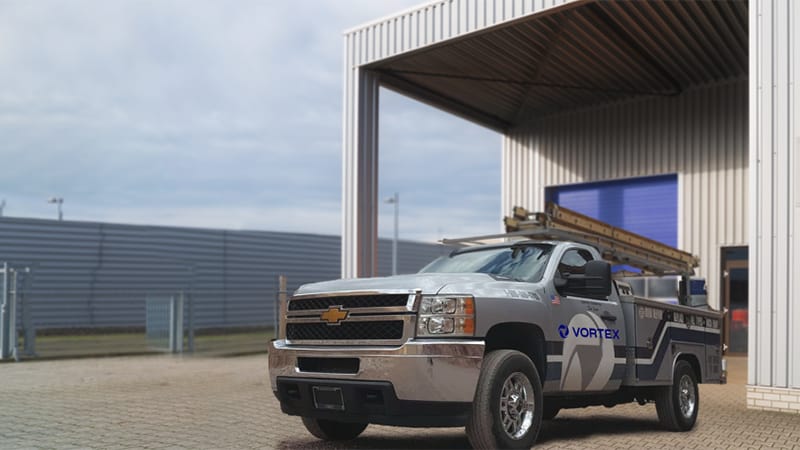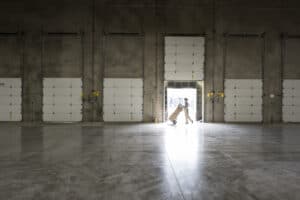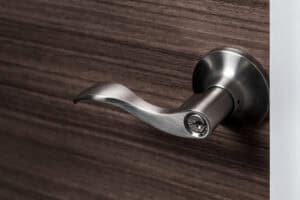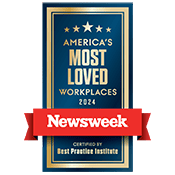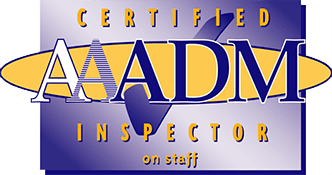What is the Lifespan of a Commercial Roll Up Door?
 A commercial roll up door can last up to 30 years, but only if it’s well-maintained. While roll up doors are incredibly durable, they’re also subject to heavy use. A typical garage door might be opened only a few times a day, but commercial doors are opened and closed constantly.
A commercial roll up door can last up to 30 years, but only if it’s well-maintained. While roll up doors are incredibly durable, they’re also subject to heavy use. A typical garage door might be opened only a few times a day, but commercial doors are opened and closed constantly.
Most roll up doors are made from steel or aluminum, which can easily withstand heavy impacts. However, the weight of the material puts a strain on their cables and torsion springs. The lifespan of a torsion spring is measured in cycles ‒ the number of times the door is fully opened and closed. Torsion springs usually have to be replaced once every 10,000 cycles.
Torsion springs should be lubricated every six months, otherwise they’re likely to fail prematurely. There are a host of other components to look after too, including the tension wheel, drive sprocket, and octagonal tube. If the door is motorized, there is even more to worry about.
A certified technician knows how to care for all these components and more. They can keep your doors operating like clockwork for decades, saving enormous amounts of time and resources that you can pour back into your business.
What Else Affects Your Doors?
While proper maintenance is essential, there are several other factors that affect your door’s lifespan, such as:
- Weather. Coping with rain, wind, snow, hail, storms, and floods shortens your door’s lifespan. It’s not only hard on the door’s exterior; its internal components suffer as well.
- Usage. Doors that go through more cycles experience more wear and tear and, consequently, have to be replaced more often.
- Material. Wooden doors don’t last as long as ones made from steel or aluminum, especially if they’re subjected to heavy use in a harsh environment.
When Is It Time to Replace Your Doors?
Proper maintenance extends the life of commercial roll up doors, but every door has to be replaced eventually. If you’ve noticed these signs, it’s time to think about purchasing a new one.
- Problems Opening & Closing. Doors have only one function: controlling access to your building. Maintenance helps them carry out this function, but if the door is having trouble despite regular maintenance, it indicates the machinery is worn out.
- Unexplained Noises. Well-functioning doors open smoothly. Strange sounds (grinding, whining, groaning, etc.) are a problem and need to be investigated. If they persist, it could be that your door’s internal mechanisms are exhausted.
- Visible Damage. Commercial doors are built to withstand heavy treatment. However, they’re not invincible. Damage occurs with frequent use. It generally starts small, but adds up over time. Holes, dents, sunken material, and chipped or peeling paint erode your door’s integrity until eventually it can no longer function.
Poor Insulation. Not all doors provide strong insulation, but many do. If your door can’t block outside temperatures, the insulation has degraded. Poorly insulated doors interfere with heating and cooling systems, driving up utility costs. Replacing them brings them down again.
Broken Locks. Locks keep out intruders. However, over time, they may become faulty. If your door can’t provide security, swap it out for one that can.

